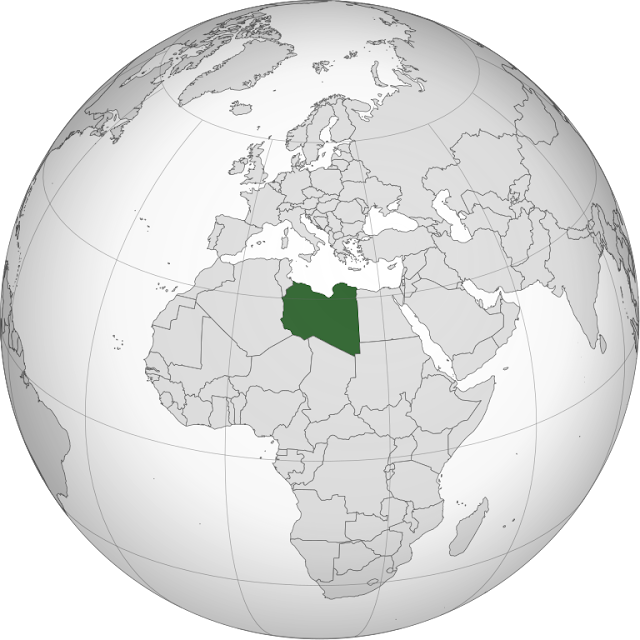Constitution of Libya
Libya is an African country located on the shores of the Mediterranean Sea, sharing a border with Egypt, Sudan, Chad, Niger, Algeria, and Tunisia. The population of this country is approx 72,52,000 with 17,59,541 square kilometers area. Official language is Arabic. Ethnically 92% are Arab. 97% are Muslims, almost all of whom are Sunni Muslims. A significant proportion of Coptic Christians live in Libya.
After Gaddafi's death at some point in the Arab Spring in 2011, there is no actual constitution in Libya. The National Transitional Council produced a draft constitution in 2011. This review is about the draft constitution. It should be noted that a civil war broke out in Libya in 2014, which ended in 2020.
According to Libya's draft constitution, all Libyan citizens are equal under the law. It is the duty of every citizen to ensure respect for the constitutional democratic system and to fight regional, factional and tribal tendencies. Any secret or armed organization is prohibited. These are positive aspects. Now let's discuss the negative aspects. Islamic Shari’a shall be the main source of legislation.

Admirable Articles of Libya's Constitution
Article 5
Family shall be the basis of society and shall be protected by the State. The State shall protect and encourage marriage. The State shall guarantee the protection of motherhood, Childhood and old age and look after children, young people and persons with special needs.
Article 6
Libyans shall be equal before the law, enjoy equal civil and political rights with, have the same opportunities in all areas and be subject to the same public duties and obligations, without distinction on the grounds of religion, belief, language, wealth, gender, kinship, political opinions, social status, or tribal, regional or familial adherence.
Article 9
Every citizen shall have the duty to defend the homeland, preserve its national unity, ensure respect for the civil constitutional democratic system, and adhere to civil values and combat the regional, factional and tribal tendencies.
Article 14
The State shall guarantee freedom of opinion, individual and collective expression, research, communication, press, media, printing and editing, movement, assembly, demonstration and peaceful sit-in in accordance with the statute.
Article 15
The state shall ensure freedom of establishing political parties, associations and other civil society organizations, and shall adopt a statute for their regulation. Secret or armed associations or societies in conflict with public order or public morals or threatening in other ways the State or the integrity of the national territory shall be prohibited.
Facts of Libya's Constitution
Preamble (Part of it)
In The Name of Allah, the Merciful, the Compassionate
Believing in the Revolution of 17th of February, 2011 (14th Rabi’ El-Awal, 1432 Hijri), lead by the Libyan people in the different regions of the country, and being faithful to the martyrs of this blessed revolution who sacrificed their lives to obtain freedom, live in dignity in the territory of their country and recover their rights derided by Kadhafi and his fallen regime;
Article 1
Libya shall be an independent democratic state in which the people shall be the source of all powers. Its capital shall be Tripoli, Islam shall be its religion and Islamic Shari’a shall be the main source of legislation. The State shall guarantee for non-Muslims the freedom to practice their religious rituals. Arabic shall be the official language, while the linguistic and cultural rights of the Amazigh, the Tabous, the Touareg and the other components of the Libyan society shall be guaranteed.

